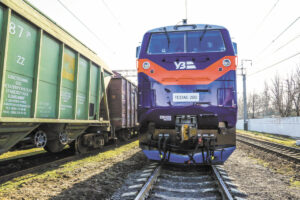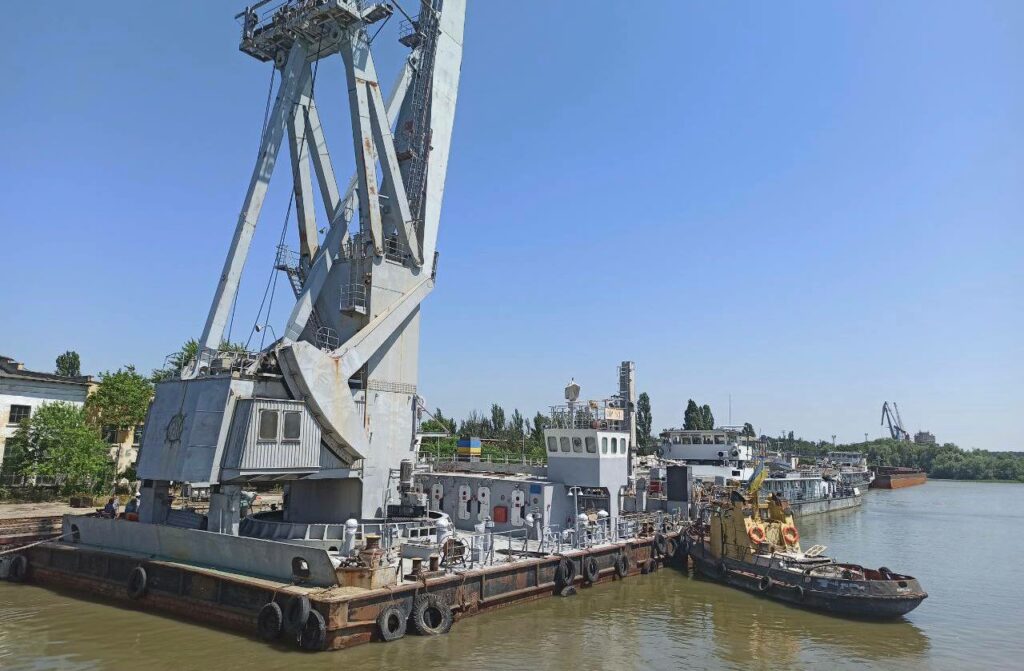The volume of agricultural exports from Ukraine will be halved in 2023/24
Farmers’ review of the structure of crop rotation due to losses due to a significant increase in the cost of domestic logistics in 2022, as well as existing logistical restrictions on exports, will stimulate agricultural producers to radically reduce the amount of grain exported for export in the 2023-24 marketing season.
Three factors will encourage agricultural producers to limit grain exports in the next season:
• actual stoppage of the “grain corridor”;
• European embargo on Ukrainian agricultural products;
• adaptation of agricultural producers to the economic shocks of the first year of the war.
The marketing year will determine economic feasibility, producers will no longer sell at zero or in the red. Agrarian companies, which suffered losses last year, came out of the ordeal stronger and wiser. They have rethought the goals, objectives and strategies of the business, and will not allow a second unprofitable year in a row. In 2022, they exported grain at any price, because they were supported by the next harvest, debts, payment of salaries, saving businesses and collectives.
Now there is no pressure from these circumstances, except for debts, and even then – they partially write them off due to force majeure. A producer who survived 2022 can now afford not to want to sell the crop. If last year’s season was dictated by logistics, then the next one will be the producer’s season. No one will go to Constanta at great cost to sell for pennies. The producer will harvest and can wait a whole year for a good price, and this will determine both trade and logistics.
This year, there are no factors for the emergence of hyped demand for the transportation of grain cargoes after the end of the harvest campaign, which was regularly formed in the past years and served as a factor in the increase in the cost of logistics. The reason is that farmers are reviewing crop rotations in favor of niche crops that have different logistics and export time frames.
The weight of the entire export cargo will be half of what we usually exported. Therefore, there will not be such mass pressure on limited logistics as in past years. The increased demand for transportation arose because in July-August farmers urgently exported wheat in order to free up warehouses for corn, half of which they then sought to urgently export by December.
Corn with its yield of up to 120 c/ha gave the largest mass of grain cargo for the railway. But it was corn that suffered the most in 2022, because the costs of its logistics pushed its production beyond profitability. This spring, problems with the sale of corn were added to the logistical problems. They want to buy it, but you can’t get to the buyers for any money: the “grain corridor” is closed, Europe is closed. The worst that those involved have achieved is that our growers have lost the financial sense to grow some crops. Who in their right mind would produce something that cannot be realized? That’s why farmers resorted to crop rotations, most of them gave up corn and went in the direction of sunflower, rapeseed, and niche crops that can be sold with added value.
A number of logistical problems of the Ukrainian agricultural sector in 2022-2023 will lead to the loss of agricultural markets by Ukrainian exporters in the long term.
The dysfunctional “grain corridor” and closed land borders are a fact that producers were forced to accept. Our markets, such as China, Spain, the Baltic countries, where we did not reach with our products, were very quickly occupied by others: Brazilian or Polish farmers. They got a result from the embargo: their market became bigger, they are calm because they have sales. Those who focused on our products in the Baltics did not notice the loss.
If someone replaces our products in the markets now, then our place may not be found there later. We will have to conquer the markets anew. It may be necessary to work with a smaller margin for several years.
Simply waiting for better times – higher prices, unblocking of the corridor, lifting of the embargo, victory, opening of ports, or all together – is not a strategy. It is necessary to create conditions so that our producers can enter the markets, and not fall into logistical traps. And this is exactly the function of the state and the Cabinet hired by it. Is he fighting for this victory of ours?





